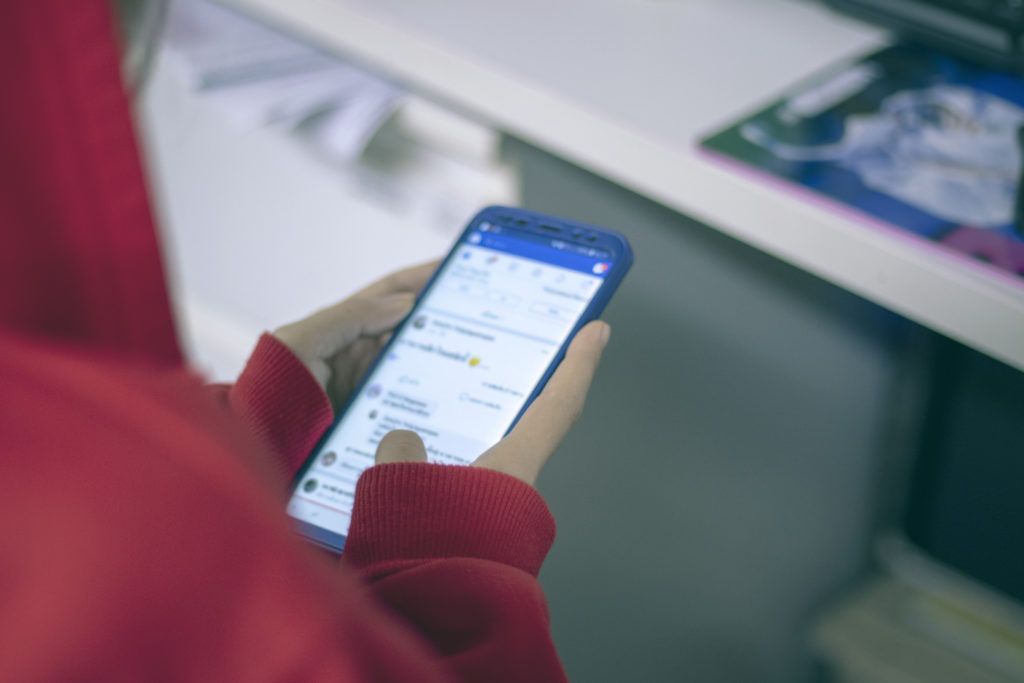Quick Hits
Daily brief research updates from the cognitive sciences

We probably all know someone who is extremely distrustful of fellow human beings. In fact, in some ways this has also become a feature I some countries’ political landscapes – deep distrust of the other.
So how do you get them to be more trustful – well the interesting thing that researchers have uncovered is that those who distrust humans most are more likely to trust AI more!
This was a part of study by researchers at Penn University – they recruited 676 participants to take part in a study in which they were told they were evaluating a new moderation tool for online content that helped to identify hate speech and suicide ideation.
Posts were then shown that had been flagged and they were told this had been flagged by a human, by AI, or by both. They then completed a survey on their individual differences which included distrust in others, political ideology, experience with technology, and trust in AI.
Surprisingly, or not surprisingly, those that most distrusted their fellow human beings trusted AI the most. This also included those who had a stronger conservative ideology. The converse also applied the more trust people had in human beings the less they trusted AI.
There was also a group of “power” users, those with the most experience of technology and they trusted AI less – they though AI wouldn’t be able to tell the nuances of human language apart – they may be more aware of the limitations of AI than others.
So, who would have thought it but trust in AI and humans has a negative correlation and political ideologies also predict this!

Andy Habermacher
Andy is author of leading brains Review, Neuroleadership, and multiple other books. He has been intensively involved in writing and research into neuroleadership and is considered one of Europe’s leading experts. He is also a well-known public speaker, speaking on the brain and human behaviour.
Andy is also a masters athlete (middle distance running) and competes regularly at international competitions (and holds a few national records in his age category).
References
Maria D. Molina, S. Shyam Sundar.
Does distrust in humans predict greater trust in AI? Role of individual differences in user responses to content moderation.
New Media & Society, 2022; 146144482211035
DOI: 10.1177/14614448221103534
More Quick Hits
Coffee Makes Business Teams More Effective
Quick HitsDaily brief research updates from the cognitive sciences just couldn’t resist reviewing this piece of research, from a few years ago, after I stumbled across this (likely because some background algorithm had recommended it to me based...
Caffeine Makes You More Prone to Impulsive Buying
Quick HitsDaily brief research updates from the cognitive sciences fascinating piece of research just published shows that drinking coffee makes you more impulsive. That means you are likely to buy more, and more items you actually don’t need....
Healthy Brains Are Hotter Than You Think
Quick HitsDaily brief research updates from the cognitive sciences hen we get sick we get a fever and we all know what our body temperature should be: around 37°C. Too much above that and we have a fever, and too much below and we risk...
Unpredictable Parents Disrupt Brain Circuitry in Children
Quick HitsDaily brief research updates from the cognitive sciences ntuitively we all know that good parenting is essential to kids’ healthy development. We all agree on that. But as soon as we try to define what good parenting is we then enter into...
A New Study on Inter-Brain Synchronisation
Quick HitsDaily brief research updates from the cognitive sciences n case you didn’t know it brain synchronisation (or inter-brain synchronisation) is a thing. And a pretty cool thing. This happens when two, or more, people do similar things...
Unique Social Genes in Human Beings
Quick HitsDaily brief research updates from the cognitive sciences ne differentiating factor with human beings is our pro-sociality. This means we are a social species, and this sociality is seen in our ability to empathise, be socially tolerant,...






